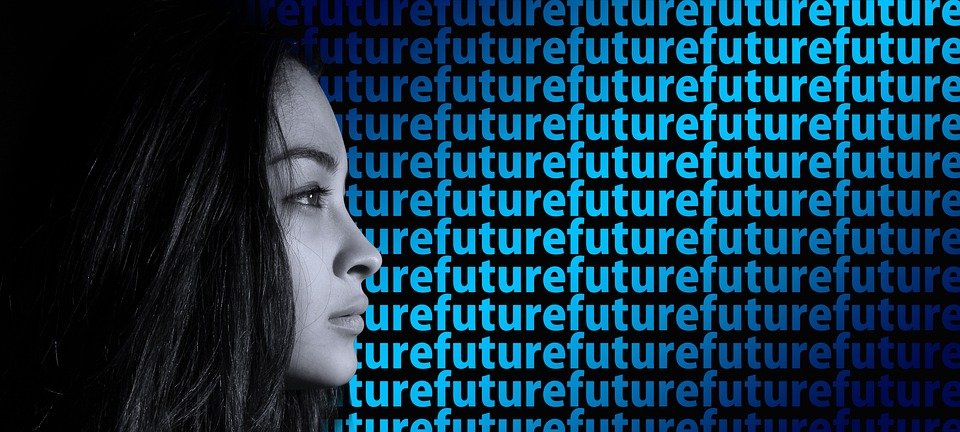From Virtual Real Estate to Digital Fashion: The Emerging Use Cases of NFTs
Introduction
Non-fungible tokens (NFTs) have revolutionized the digital world by providing a unique way to authenticate and trade digital assets. Initially gaining popularity in the art world, NFTs have now expanded their use cases to various industries, including virtual real estate and digital fashion. This article explores the emerging applications of NFTs and their potential impact on these industries.
Virtual Real Estate: Owning a Piece of the Metaverse
The concept of virtual real estate refers to the ownership and trading of virtual land within virtual worlds or metaverses. NFTs have made it possible for individuals to own and monetize virtual properties, creating a thriving market for digital real estate. Metaverses such as Decentraland and Cryptovoxels allow users to buy, sell, and develop virtual land using NFTs as proof of ownership.
These virtual properties have various use cases, including hosting virtual events, showcasing digital art galleries, and even establishing virtual businesses. The value of virtual real estate is determined by factors such as location within the Metaverse, scarcity, and development potential. As the metaverse continues to grow, owning virtual real estate may become a lucrative investment opportunity.
Digital Fashion: Dressing Up in the Metaverse
Another emerging use case of NFTs is in the world of digital fashion. With the rise of metaverses and Virtual reality experiences, individuals are now seeking unique and customizable digital fashion items to express their identity and style within the virtual world. NFTs enable the ownership and trade of these digital fashion items, providing exclusivity and scarcity to the virtual couture market.
Digital fashion items can range from virtual clothing and accessories to entire avatar appearances. Designers and artists can create limited-edition digital fashion collections, which can be purchased using NFTs. These digital fashion items can then be worn and showcased within virtual worlds, allowing users to express their creativity and personal style in the metaverse.
Emerging Use Cases Beyond Art, Real Estate, and Fashion
While art, virtual real estate, and fashion are the most prominent use cases of NFTs, these unique tokens have the potential to revolutionize various other industries as well. Some emerging use cases of NFTs include:
Ticketing and Events:
NFTs can be used to authenticate and trade event tickets, eliminating counterfeiting and providing additional benefits such as transferability and verifiable ownership.
Collectibles and Gaming:
NFTs have already gained popularity in the gaming industry, allowing players to own and trade in-game items, characters, and even entire game assets. Collectible NFTs have also become highly sought after, with unique digital trading cards and virtual pets being popular examples.
music and Royalties:
NFTs can be used to tokenize music and provide artists with direct ownership and control over their work. This enables artists to sell music and associated rights directly to fans, providing a new revenue stream and more transparent royalty distribution.
Identity Verification:
NFTs can serve as digital identity verification tools, enabling secure and decentralized identity management. This can have applications in areas such as passports, licenses, and certifications.
FAQs
Q: What is an NFT?
An NFT, or non-fungible token, is a unique digital asset that is stored on a blockchain. Unlike cryptocurrencies such as Bitcoin, NFTs cannot be exchanged on a one-to-one basis as they possess distinct characteristics and values.
Q: How do NFTs work?
NFTs are created, bought, and sold on blockchain platforms using smart contracts. These smart contracts define the ownership and transferability of the NFTs, ensuring the authenticity and uniqueness of the digital assets.
Q: Are NFTs only limited to the digital world?
While NFTs primarily operate in the digital realm, they can also represent ownership of physical assets. For example, a physical artwork can be tokenized as an NFT, providing proof of ownership and facilitating the sale and transfer of the artwork.
Q: Are NFTs environmentally friendly?
There have been concerns about the environmental impact of NFTs due to the high energy consumption associated with blockchain transactions. However, efforts are being made to develop more sustainable blockchain technologies to mitigate these concerns.
Q: How can I get started with NFTs?
To get started with NFTs, you will need to create a digital wallet, choose a blockchain platform that supports NFTs (such as Ethereum), and explore NFT marketplaces where you can buy, sell, and trade NFTs.
Conclusion
NFTs have opened up a world of possibilities beyond traditional ownership and trading. From virtual real estate to digital fashion, these unique digital assets are shaping the future of various industries. As the metaverse continues to evolve and virtual experiences become more prevalent, NFTs will likely play an even more significant role in defining ownership, authenticity, and creativity in the digital realm.

